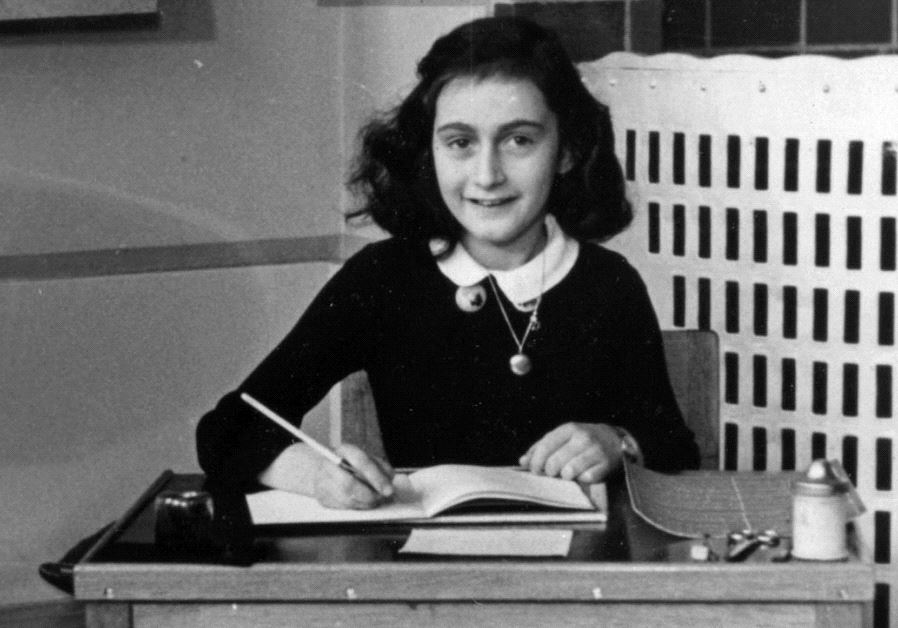My Word: Losing Anne Frank
We need to keep in mind that worse than forgetting the Holocaust is trivializing it and distorting it beyond recognition.
 Anne Frank in 1940, while at 6. Montessorischool, Niersstraat 41-43, Amsterdam(photo credit: PUBLIC DOMAIN)
Anne Frank in 1940, while at 6. Montessorischool, Niersstraat 41-43, Amsterdam(photo credit: PUBLIC DOMAIN)